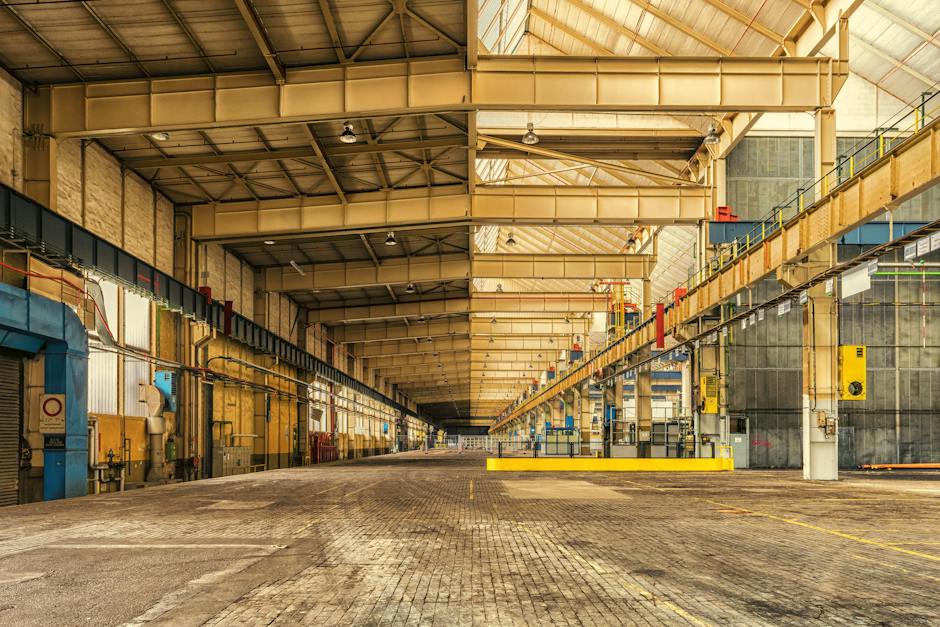What is steel formwork?
Steel formwork is a type of mold or framework used in construction to keep concrete in place until it sets. It is made of steel panels, which provide a strong and durable formwork solution for various types of structures. Steel formwork is preferred for its reusability and ability to withstand high pressure. It is also known for its smooth finish on the concrete surface, making it a popular choice in the construction industry for creating high-quality and precise concrete structures.

Advantages of steel formwork
Steel formwork offers numerous advantages that make it a popular choice in the construction industry. Here are some key benefits:
- Durability: Steel formwork is extremely robust and long-lasting, with the ability to withstand heavy usage on multiple construction projects.
- Versatility: It can be easily adapted to suit various shapes and sizes, making it suitable for a wide range of construction requirements.
- Time-saving: Steel formwork is quick to set up and dismantle, resulting in faster construction timelines and increased project efficiency.
- Cost-effectiveness: While the initial investment may be higher than other formwork options, the long-term durability and reusability of steel formwork make it a cost-effective choice for construction projects.
Types of steel formwork
Steel formwork comes in various types, including traditional steel formwork, engineered steel formwork, and reusable steel formwork. Traditional steel formwork is usually made on-site and is more labor-intensive. Engineered steel formwork is prefabricated, making it quicker to assemble and dismantle. Reusable steel formwork is designed to be used multiple times, reducing material waste and overall costs. Each type offers its own advantages based on the specific construction project requirements.
Cost-effectiveness of steel formwork
Steel formwork is gaining popularity in the construction industry due to its cost-effectiveness. Compared to traditional formwork materials, steel formwork offers a longer lifespan, reducing the need for frequent replacement. Additionally, the durable nature of steel formwork means less maintenance and repair costs in the long run. By choosing steel formwork, construction companies can save on both initial and ongoing expenses, making it a cost-effective option for various construction projects.
Durability and reusability of steel formwork
Steel formwork is highly durable and can be reused multiple times, making it a cost-effective choice for construction projects. According to industry experts, steel formwork can withstand the pressure of concrete and maintain its shape and strength for a long time. Its reusability makes it an eco-friendly option, reducing the need for frequent replacements and minimizing waste. With proper maintenance, steel formwork can last for many construction cycles, providing significant value to builders and developers.
Ease of assembly and disassembly
Steel formwork is gaining popularity in the construction industry due to its ease of assembly and disassembly. This feature allows for quicker setup and removal of the formwork, ultimately saving time and labor costs on construction sites. Additionally, the reusability of steel formwork makes it a cost-effective and efficient option for construction projects.
Environmental impact of steel formwork
Steel formwork is making a positive environmental impact on the construction industry. Steel is a highly durable and reusable material, making it a sustainable option for formwork. Unlike traditional timber formwork, which often ends up as waste after a single use, steel formwork can be used multiple times, reducing the amount of material waste in construction projects. Additionally, the use of steel formwork helps to minimize deforestation and promotes the conservation of natural resources. Overall, the adoption of steel formwork is contributing to a more sustainable and eco-friendly approach to construction.
Maintenance and care of steel formwork
Proper maintenance of steel formwork is essential to ensure its longevity and optimal performance. Here are some key tips to consider:
- Regularly inspect the formwork for any signs of damage or wear and tear.
- Clean the formwork after each use to remove concrete residues and prevent corrosion.
- Store the formwork in a dry and well-ventilated area to prevent rust and other forms of deterioration.
- Avoid mishandling or overloading the formwork to prevent structural damage.
- Follow the manufacturer’s guidelines for maintenance and care to maximize the lifespan of the steel formwork.


